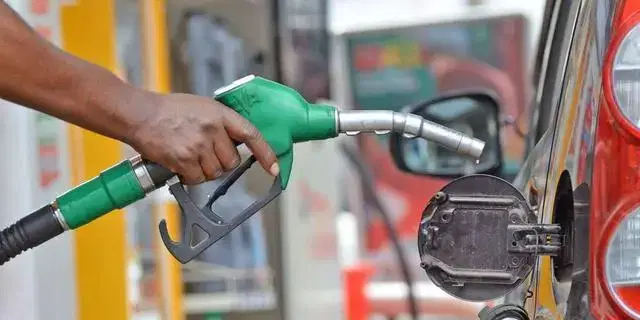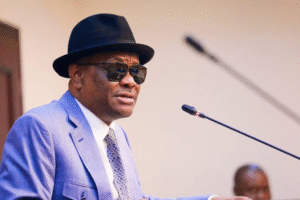The Nigerian government has revealed that the country now consumes about 50 million litres of petrol daily. Half of this supply comes from local refineries, while the rest is imported.
The Executive Director of Distribution Systems, Storage, and Retailing Infrastructure at the Nigerian Midstream and Downstream Petroleum Regulatory Authority (NMDPRA), Mr. Ogbugo Ukoha, shared this information after a meeting with stakeholders in Abuja.
He explained that the importation of petrol remains necessary to prevent fuel scarcity.
According to Ukoha, Nigeria’s daily petrol supply used to be around 66 million litres before the removal of fuel subsidies in May 2023.
However, after the subsidy removal, consumption dropped significantly to around 50 million litres per day.
He emphasized that less than 50% of this supply comes from local refineries, while the rest is imported to meet demand, in line with the Petroleum Industry Act (PIA).
The NMDPRA has also announced a ban on 60,000-litre fuel tankers starting from March 1, 2025.
This decision comes despite opposition from the National Association of Road Transport Owners (NARTO), which argues that the ban will affect over 2,000 trucks and cost transporters more than N300 billion.
Ukoha explained that these high-capacity tankers have contributed to an increase in petrol tanker accidents and have also worsened the condition of Nigerian roads.
The government is also planning further restrictions. By the last quarter of 2025, tankers carrying more than 45,000 litres of fuel will also be banned from transporting petroleum products.
This decision was made in a meeting that included key stakeholders such as the Department of State Services (DSS), Federal Road Safety Corps (FRSC), Federal Fire Service, and major petroleum industry groups.
The government insists that these measures are necessary to improve road safety and ensure the efficient distribution of fuel across the country.







